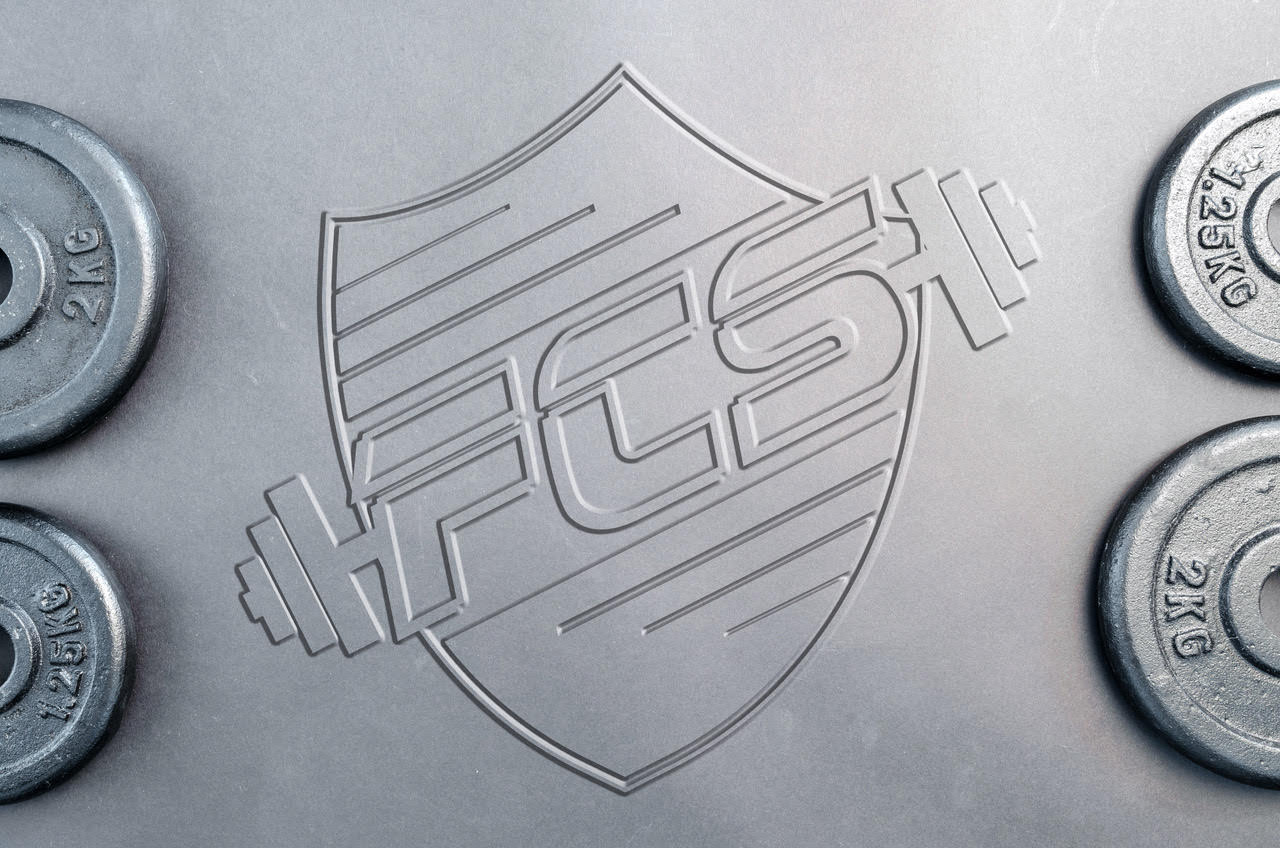The last two weeks have been a bit of a wild ride. It seems like only yesterday my wife was telling me that contractions had started and then 4 short hours later we were making the midnight sprint to the hospital to meet our new baby girl Isabella.
She was born April 2nd, happy and healthy, mom too, and it’s been a world wind ever since. We have also had lots of family and friends visiting and we couldn’t feel more blessed. Even the sleep deprivation is a small price to pay to finally meet our little girl after the long wait.
In fact, she is strapped to my chest in an Ergobaby carrier as I type this, and I can’t help but look down at her every few seconds to check out her cute face. Ok enough about baby Bella, let’s talk a little nutrition.
The other day a friend of mine on Facebook, Tim Berzins, made a comment that we should be dieting slower. This is such a great callout that I thought it deserved an entire article. You see we are all caught up in this right now society, where we expect to be able to have everything at the click of a mouse button, but this is all wrong when it comes to nutrition, fat loss, and fitness in general.
Looking at this a bit more through a nutrition for fat loss lens, we really need to start applying this mindset of dieting slower when we plan to shed body fat and more often than not, we will achieve better results. Most of the nutrition plans out there are selling “Six Pack Abs in 12 Weeks!” or “6 Weeks To Look Great Naked!”. While these are admirable goals, the results are not typical (the fine print usually says so), and don’t really help us with long term sustainable results.
They are flash in the pan diets that most average people wanting to look and feel better won’t be able to adhere to, and adherence is really the name of the game when it comes to fat loss. One of the biggest issues I find with these diets plans is they place a specified time limit on how you plan to change your eating, and therein lies the rub.
You plan to go on this ultra restrictive diet for 12 weeks that promises to yield a better physique, but in the end it leaves you frustrated, exhausted, and defeated when you can’t adhere to it. That’s where the idea of dieting slower comes into play (I’m not a huge fan of the word diet but just roll with me for now).
Now how exactly do I slow down my dieting and what does it really mean you might ask? Good question and you’re in luck because I happen to have the answer for you. The first step in any fat loss plan is to look back and assess whether you have gained body fat/weight, maintained your body fat/weight, or lost body fat/weight over the last month or so. Then you need to analyze your nutrition habits and get a realistic idea of how many calories you are currently consuming each day (Myfitnesspal.com or any of the other approximately 400 gadjillion calorie counters is great for this).
The gaining/maintaining/losing info tells you whether you are in a calorie surplus, calorie maintenance, or calorie deficit respectively, over that time period. Provided you haven’t changed your eating too much while food logging you then have a starting point with which to make changes. As an example if you have been maintaining your body fat/weight on 2300 calories daily you may want to start with a deficit of 300 calories by shooting for 2000 calories. A deficit of 300 calories is much easier to handle than a deficit of 600 or 700 calories.
You can then stick with this deficit for 2 weeks or maybe even 4 and then assess whether or not you are making progress toward your goal. After 2 weeks you may need to make your deficit 400 calories and shoot for 1900 calories daily if nothing has changed, or you may decide to wait a few more weeks. Either way patience is critical. Every few weeks though you may need to make small adjustments based on how things are going, but realize there will be plenty of weeks that it seems nothing is happening, and that is normal.
This line is what we envision fat/weight loss should be.
This line is a much more realistic illustration of how fat/weight loss actually happens.
By creating a smaller deficit you may get slower results but you are ultimately less likely to have a wicked rebound once you decide to add more calories back in, and you should be adding calories back in once you reach your goal. The current train of thought seems to be that you should eat at calorie maintenance for at least as long as you were dieting. So 10 weeks of a calorie deficit should be followed by at least 10 weeks of calorie maintenance, in order to allow the body to adjust to the increased food intake.
So instead of doing Jimmy Fitness Trainers Ultra Fat Blaster 4,000 diet plan, use a realistic approach, set a smaller deficit, and practice your patience.




